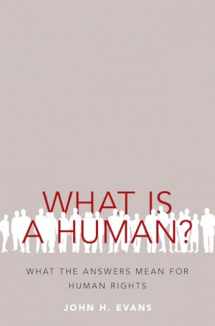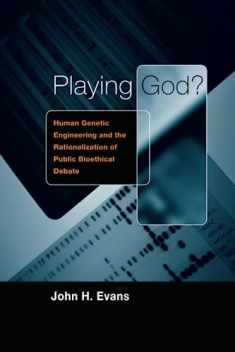
What Is a Human?: What the Answers Mean for Human Rights
Book details
Summary
Description
What is a human? Are humans those with human DNA, those in possession of traits like rationality, or those made in the image of God? The debate over what makes human beings unique has raged for centuries. Many think that if society accepts the wrong definition of what it is to be human, people will look at their neighbor as more of an animal, object, or machine-making maltreatment more likely. In the longest running claim, for over 150 years critics have claimed that taking a Darwinist definition results in people treating each other more like animals.
Despite their seriousness, these claims have never been empirically investigated. In this groundbreaking book John H. Evans shows that the definitions promoted by biologists and philosophers actually are associated with less support for human rights. Members of the public who agree with these definitions are less willing to sacrifice to stop genocides and are more supportive of buying organs from poor people, of experimenting on prisoners against their will, and of torturing people to potentially save lives. It appears that the critics are right.
However, Evans finds that few Americans agree with these academic definitions. Looking at how most of the public defines humanity, we see a much more nuanced picture. In a fascinating account, he shows that the dominant definitions are unlikely to lead to human rights abuses. He concludes that the critics are right about the definitions of a human promoted by academic biologists and philosophers, and are therefore justified in their vigilance. However, because at present few Americans agree with these definitions, the academic definitions would have to spread much more extensively before impacting how the general public acts. Evans' book is a major corrective to the more than century-long debate about the impact of definitions of a human.


We would LOVE it if you could help us and other readers by reviewing the book
Book review




